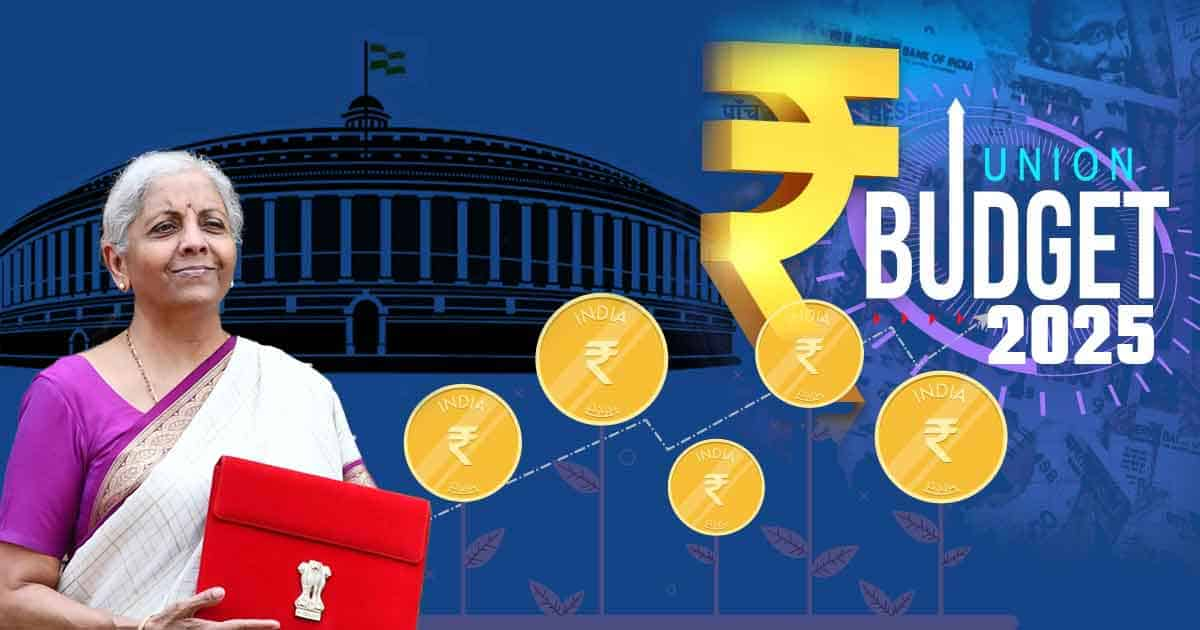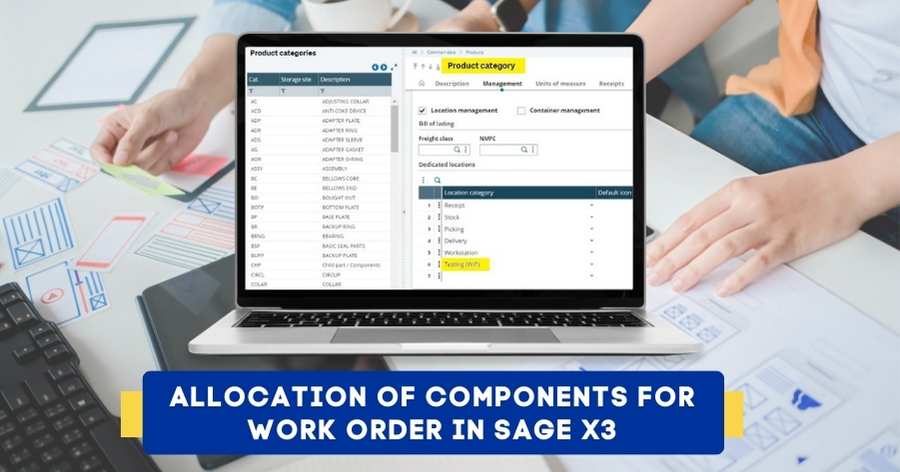India, commonly known as the fifth largest economy in the world, unveiled its Union Budget on Feb 1, 2025. With the focus on boosting domestic consumption, transforming India’s economy and promoting financial inclusion, the Govt introduced major tax relief to the middle-class Indians, alongside a series of economic reforms and initiatives.
Key Highlights of the Union Budget 2025
1. No Income Tax Up to Rs. 12 Lakh Income
In a significant relief to India’s middle-class population, the Modi 3.0 Government has exempted income tax up to Rs. 12 Lakh and revised the existing tax rate structure. These slashed personal tax rates are expected to boost the spending power of the middle-class Indians, and increase domestic demand amid worries of the slowest in four year growth of 6.4% next year, reduced urban demand, weak private investment, high food inflation, and global economic uncertainty.
| Income | Tax (New Tax Regime) |
| Rs. 0 – 4 Lakh | Nil |
| Rs. 4 – 8 Lakh | 5% |
| Rs. 8 – 12 Lakh | 10% |
| Rs. 12 – 16 Lakh | 15% |
| Rs. 16 – 20 Lakh | 20% |
| Rs. 20 – 24 Lakh | 25% |
| Above Rs. 24 Lakh | 30% |
2. 100% FDI in Insurance Sector
Currently, India’s insurance penetration is just 3.7% in FY24 versus 7% globally. To deepen the insurance penetration and achieve the Modi Govt’s goal of “Insurance for All” by 2047, the Govt has increased the Foreign Direct Investment (FDI) in the insurance sector from existing 74% to 100%. This major structural reform will pave way for the entry of foreign insurance giants, and grant them full autonomy to operate in the country.
3. Relief on Import of Life Saving Medicines
In a significant relief for patients, especially those suffering from cancer, the Union Budget 2025 fully exempts 36 lifesaving drugs and medicines from the Basic Customs Duty. Additionally, 6 life saving medicines will also be added to the list attracting concessional customs duty of 5%.
4. Increased Budgetary Allocations for AI-based Initiatives
The GOI will pump in Rs. 500 Crore to construct a new Centre of Excellence in Artificial Intelligence (AI). This is in line with India’s increasing budgetary allocations for investments and broader initiatives in the AI since FY23.
5. Higher Turnover Limits for MSMEs
The Center hiked the investment limits for the MSMEs 2.5 times, and turnover limits 2 times. These new budgetary allocations are expected to provide a relief to the Micro, Small and Medium-scale Enterprises, boost their revenues, and create new employment opportunities.
6. Relief to Mineral Processing MSMEs
The Govt also exempted Basic Customs Duty on cobalt powder, the scrap of lithium-ion batteries, waste, lead, zinc, and additional 12 minerals that are typically not domestically available. This will support MSMEs engaged in the processing of these minerals.
7. Capital Gains Tax on High Premium Ulips
Ulips are considered intermittently different from the traditional insurance plans as a large portion of their premium is invested in stocks. Ulips with aggregate annual premium of over Rs. 2.5 Lakh held for over one year will start attracting a 12.5% capital gains tax on withdrawal from the start of the next financial year FY-26. However, maturity on the Ulips sold through the GIFT city branches of the insurance companies will not attract such tax.
8. Support for Senior Citizens with NPS Vatsalya Accounts
The budget also provides a relief to senior citizens with NPS Vatsalya Accounts who are looking to build a stable retirement corpus and secure future. They can now avail the same tax benefits as the regular NPS Accounts.
9. Ease of Doing Business
To promote Ease of Doing Business, the finance minister has also announced that a high-level committee will be set up to review compliances, licenses, and certifications in the non-financial sectors.
10. Boost Domestic Manufacturing of Lithium-ion Batteries
In order to boost India’s domestic manufacturing of lithium-ion batteries, the Govt has exempted 35 capital goods required for the manufacturing of EV batteries, and 28 capital goods required for the manufacturing of mobile phone batteries.
11. Boost Exports of Marine Products
Basic Customs Duty on frozen fish paste (Surimi) will be reduced from 30% to 5%. Similarly, it will be reduced on fish hydrolysate (required for producing fish & shrimp feeds) from 15% to just 5%. This move is expected to boost India’s exports of seafood products.
Final Thoughts
Union Budget 2025 introduces a series of thoughtful tax relief measures aimed at easing financial burden on the middle-class citizens. It attempts to address economic realities of today such as reduced domestic consumption. The Govt has further rolled out transformative reforms especially in insurance & pension sectors to fulfil its strategic goal of providing universal insurance for everyone and easing the burden on senior class citizens.






